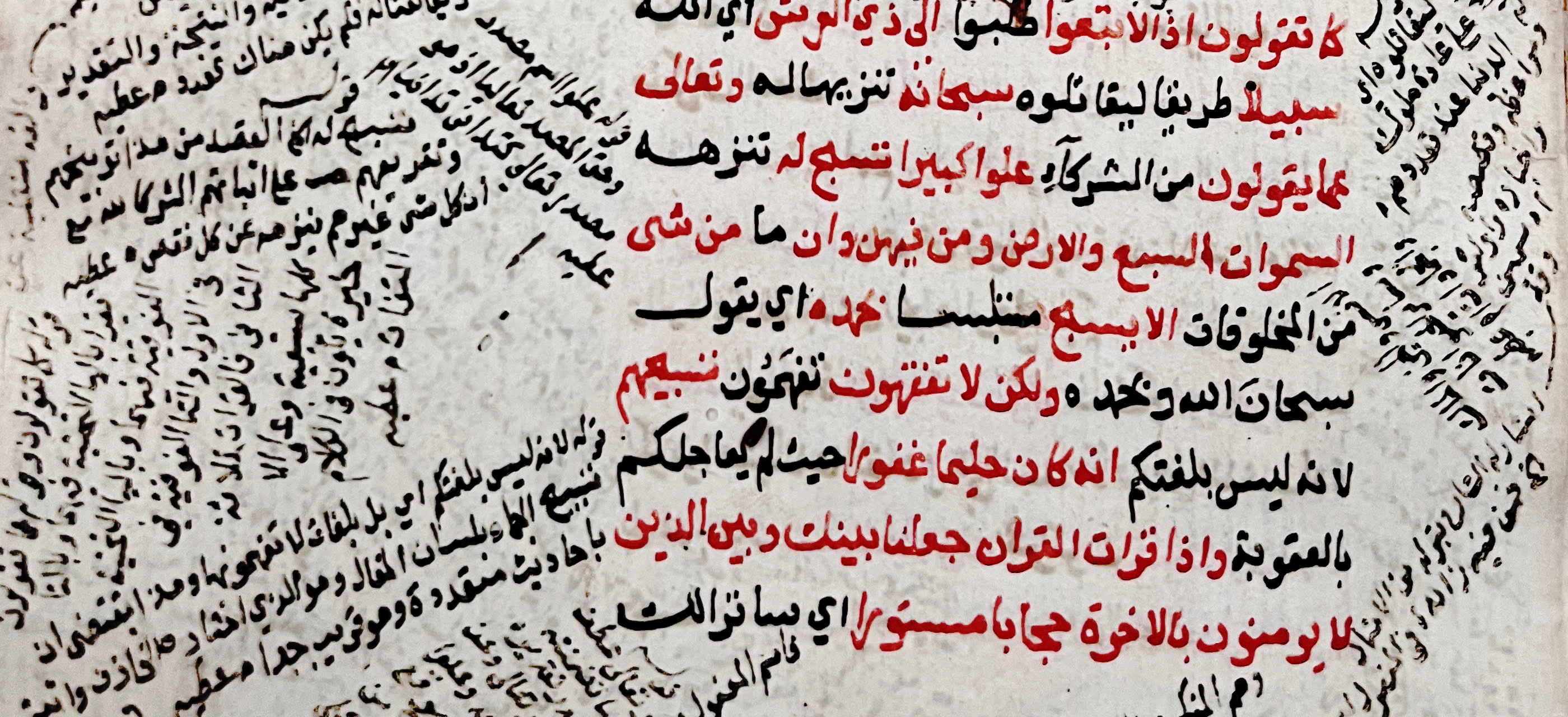Omán y su tradicional política exterior: los costes económicos de la neutralidad positiva
Contenu
- Titre
- Omán y su tradicional política exterior: los costes económicos de la neutralidad positiva
- Créateur
- Gómez-Benita, Ignacio Gutiérrez de Terán Voir tous les contenus avec cette valeur
- Sujet
- Politique étrangère -- Oman -- 1970-2020 Voir tous les contenus avec cette valeur
- Résumé
- Oman has developed under the rule of former Sultan Qaboos (1970-2000) a particular foreign strategy with its own basic lines, without neglecting the need to achieve a regional understanding with its neighbours and international superpowers, United States in the first place. Over the course of the last three years, his cousin and successor, Haitham bin Tariq Al Said, has aimed to undergo the “smooth” positive neutrality pursued by Qaboos albeit his efforts to introduce a number of innovations have been constrained under the pressure of an unexpected economic crisis. We try to analyse whether these budget grievances can oblige Muscat to establish a closer relationship with Saudi Arabia at the expense of its positive neutrality policies regarding a number of regional issues, e.g., Iran Nuclear Deal, Yemen´s war or the Peace process between Arab countries and Israel. We think that material conditions have already had a clear impact on Oman´s neutral diplomacy, mainly because Oman has relied on Saudis to help it overcome its dire financial straits. This does not mean, however, that the current Sultan is not making great efforts to maintain its traditional commitment to a type of strategy that could be termed specifically Omani; but the fact is that the decrease in oil and gas prices has had a remarkable effect on its government´s domestic and foreign policies. And as we intend to argue, the principles of positive neutral foreign policy of a small country like Oman cannot be disassociated from its economic situation and its increasing dependence on regional organizations like the Gulf Cooperation Council (which is highly influenced by Saudi´s priorities). This direction, we believe, leads to a renewed alignment with Riyadh which, after providing generous financial aid, is well placed to impose a “new regional view” on its south eastern neighbour. This new reality might change definitely the main trend line of Muscat´s traditional foreign policy as we knew it in the Gulf region.
- Est une partie de
- Revista de Estudios Internacionales Mediterráneos Voir tous les contenus avec cette valeur
- numéro
- 36
- pages
- 218-240
- Date
- 2024
- Langue
- spa
- doi
- 10.15366/reim2024.36.009
Gómez-Benita, Ignacio Gutiérrez de Terán, “Omán y su tradicional política exterior: los costes económicos de la neutralidad positiva”, 2024, bibliographie, consulté le 15 janvier 2025, https://ibadica.org/s/bibliographie/item/26343
Position : 14888 (19 vues)

